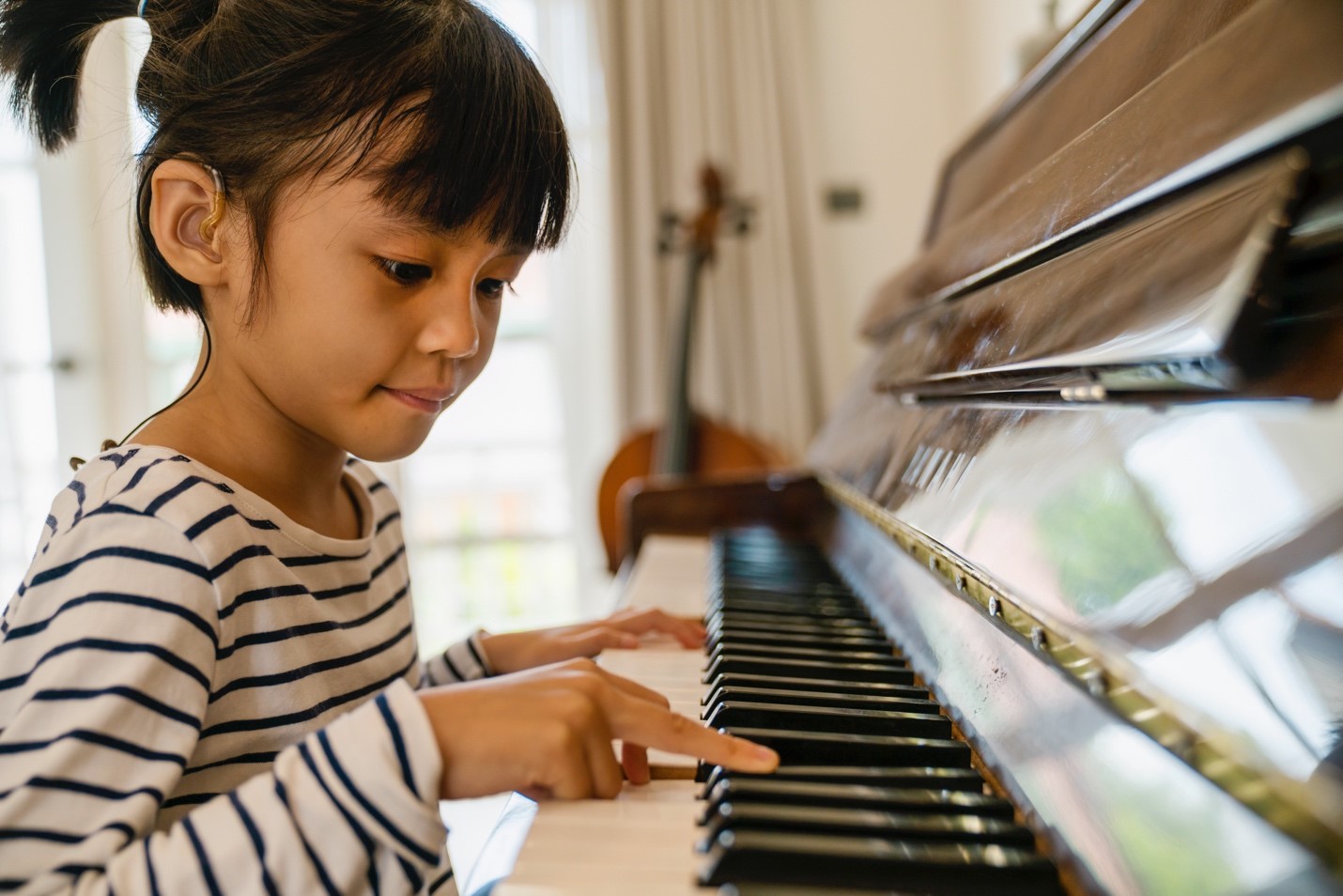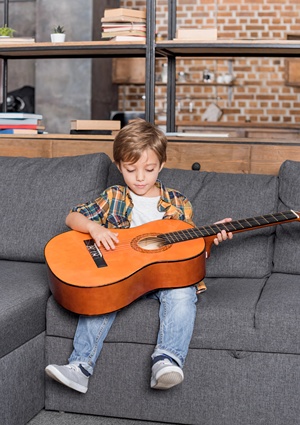The Connection Between Music and Brain Health: How Learning Music Can Boost Cognitive Development
Research has shown that learning and engaging with music can have profound benefits for brain health, especially in children. Whether it’s learning to play an instrument or simply listening to music, the mental stimulation it provides has a positive impact on cognitive development, emotional regulation, and even social skills.
Understanding this connection between music and brain health can help parents encourage their children to explore musical activities that support their growth and well-being.
Cognitive Benefits of Learning Music
Learning music, especially during childhood, is one of the most effective ways to stimulate the brain. Playing an instrument, such as the piano, requires the coordination of multiple senses and motor skills, which in turn strengthens neural pathways. Studies have shown that children who engage in music lessons demonstrate improved memory, problem-solving skills, and attention spans compared to their peers who do not.
For example, children learning to play the piano have to read musical notes, interpret rhythm, and coordinate their hand movements, all at the same time. This multitasking boosts the brain’s ability to process information and improves mental agility. Parents in Arizona, for instance, might consider enrolling their children in piano lessons, where they can begin to experience the cognitive benefits that come from structured music education.

(photo credit: Microsoft Stock Images)
Enhancing Emotional Development Through Music
In addition to cognitive improvements, learning music can significantly contribute to emotional development in children. Music allows for self-expression. Playing an instrument or singing provides a creative outlet where kids can channel their feelings into something constructive, leading to better emotional regulation. Moreover, listening to music has been found to affect the brain’s limbic system, which controls emotions. Whether through classical music, jazz, or even upbeat pop, children who are musically inclined may find it easier to navigate emotional challenges.
Music and Social Skills Development
Music education is often a shared experience, making it an excellent avenue for children to develop their social skills. Group music lessons, choir participation, or playing in a band teaches kids how to work together, listen to each other, and communicate effectively. These collaborative activities foster teamwork, patience, and cooperation, all while building confidence in a social setting.
Children who regularly play music with others also tend to have stronger interpersonal relationships. Learning to play an instrument or sing in a group requires them to be attentive to others’ cues and timing, which translates into better listening and collaboration skills in non-musical social settings. Music can, therefore, help shy or introverted children become more confident in expressing themselves and connecting with others.
The connection between music and brain health is undeniable, especially for children who are at a critical stage of cognitive and emotional development. Learning to play an instrument like the piano can offer significant benefits, from enhanced memory and problem-solving skills to improved emotional regulation and social skills. Parents looking for a way to support their child’s mental and emotional growth should consider music lessons as a powerful tool.
To learn more, feel free to look over the infographic below:




